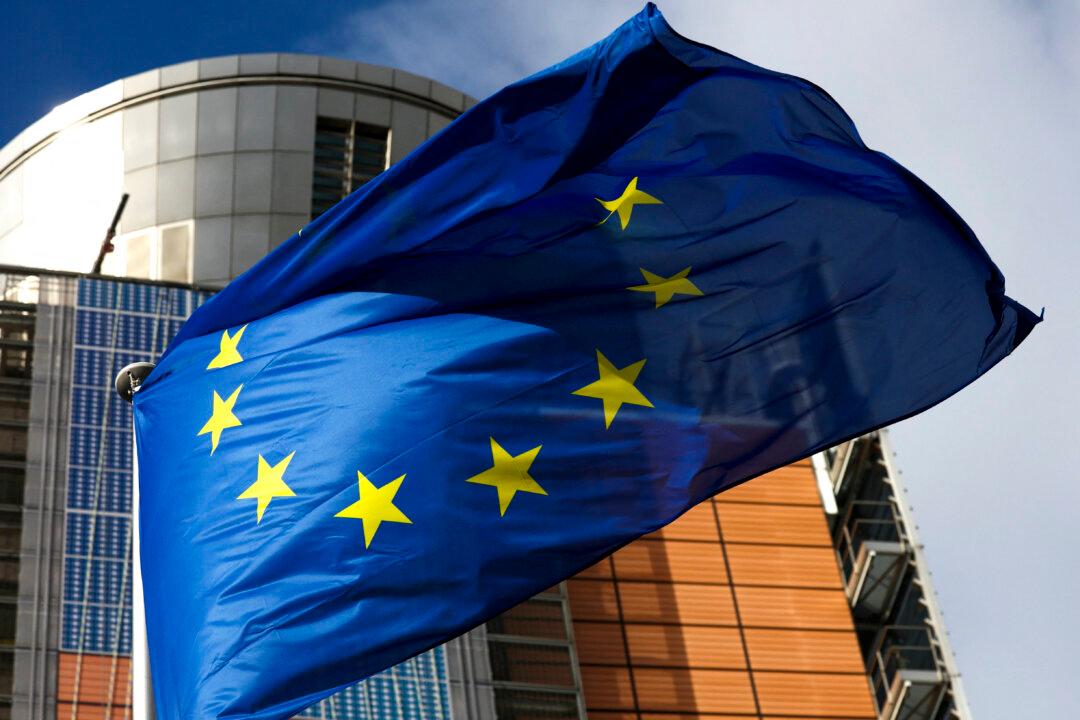Around the globe, world leaders are interested in who U.S. voters will choose as the next president of the United States.
The European Parliamentary Research Service, which prepares reports for the European Union (EU), predicted this month that the U.S. presidential election in November will likely be between President Joe Biden and former President Donald Trump.





